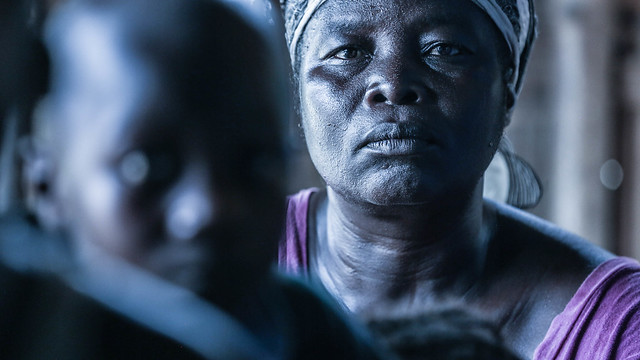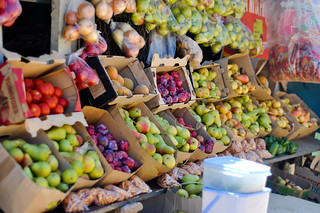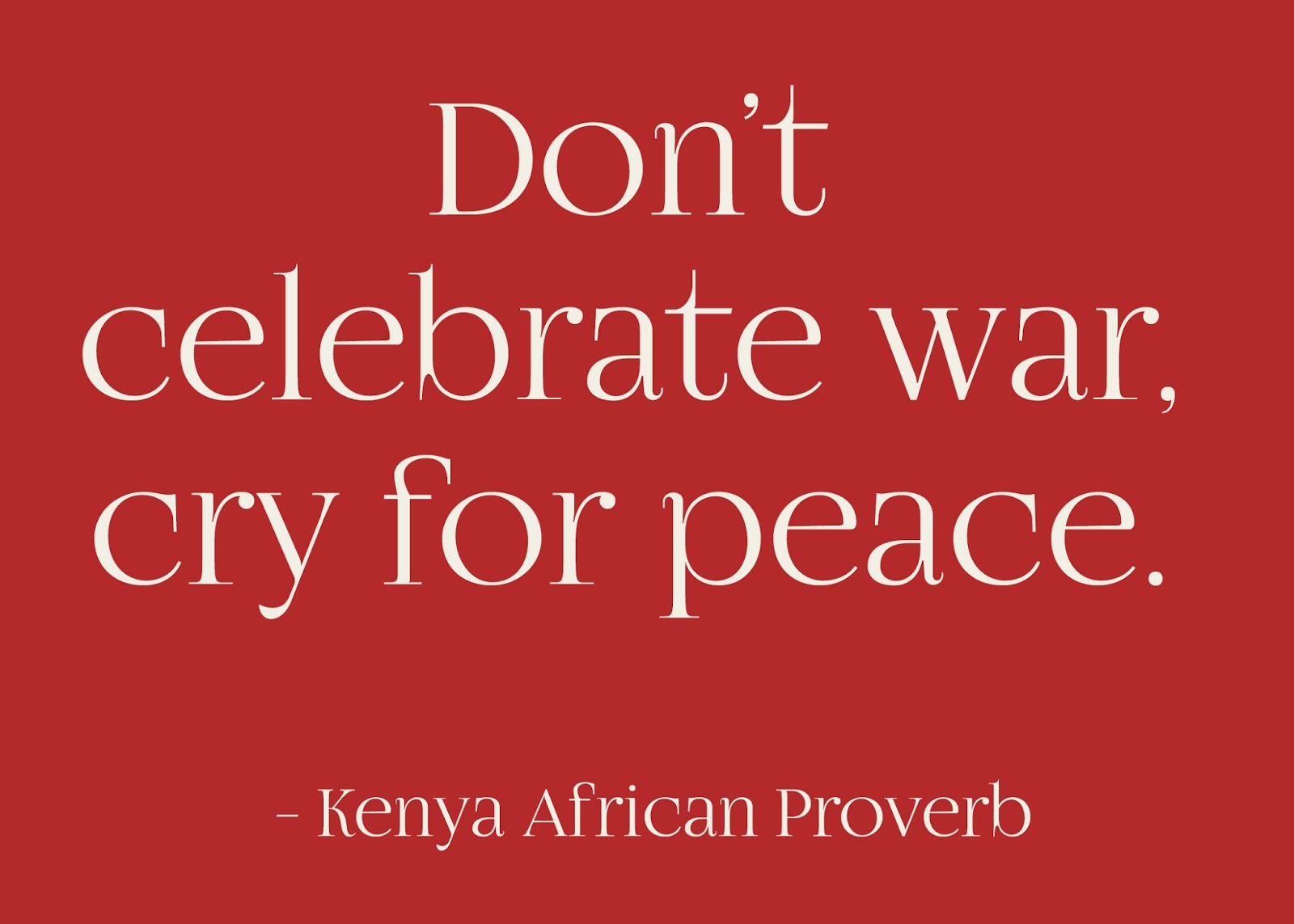Africa’s Top Agricultural Products and Staple Foods
Africa’s Five Most Important Agricultural Products
Across Africa, livestock, maize, cassava, cotton, and coffee form the backbone of rural economies and food security. The average African diet gets about 46 percent of its calories from cereals such as rice, wheat, maize, millet, and sorghum. Roots and tubers — potatoes, cassava, yams, and taro — provide about 20 percent. Animal products such as meat, milk, eggs, cheese, and fish contribute around 7 percent.
Explore more stories in the African Coffee Hub .
Millet, oil palm, okra, sorghum, teff, wheat, yams, and coffee remain among the most consumed foods on the continent. These staple foods supply much of Africa’s daily energy and essential nutrients.
Out of more than 50,000 edible plants worldwide, only a few hundred contribute significantly to global food supplies. Wild plants remain vital for rural households; at least 100 million people depend on them. In Ghana, for example, people eat leaves from more than 100 wild species and fruits from another 200.

Reaping crops in Algeria
About Africa’s Top 5 Agricultural Products
Livestock
For millions of rural Africans, livestock—chickens, goats, pigs, and cattle—are a lifeline. Families rely on animals for food and as a source of income through the sale of milk, eggs, meat, hides, and other by-products. Livestock also serve as savings and security. As Africa’s population grows and urban incomes rise, the demand for animal-source foods will surge over the next 30–40 years. Community-led farming models and groups such as the National Black Farmers Association highlight livestock’s value as an economic asset.
Maize
Maize is a key staple across Africa. It feeds households, supports livestock, and powers industries such as starch, sweeteners, and biofuels. Though maize originated in Mexico—archaeologists found 7,000-year-old maize in Teotihuacan—it is now one of Africa’s most important food crops.
Cassava
An edible root rich in carbohydrates, cassava feeds an estimated 500 million people across Africa, Asia, and the Americas. Africans consume about 176 pounds (80 kg) per person each year. First brought from tropical America to the Congo Basin by the Portuguese around 1558, cassava is now a staple food for over half a billion people. Nigeria leads global cassava production. Beyond food, cassava starch and derivatives are used in confectionery, glues, textiles, paper, biodegradable products, and even medicines. Cassava chips and pellets also feed livestock and fuel alcohol production.
Cotton
Cotton is West Africa’s key cash crop, especially in Benin, Burkina Faso, and Mali. But production has faced setbacks: Burkina Faso lost nearly $90 million over five seasons after adopting genetically modified cotton seeds. Cotton is still hand-picked in much of Africa—a demanding job often done by women and children. Pickers must meet daily quotas to earn enough, and pay to have their cotton milled. While harvesting remains manual, processing is increasingly done in state-run mills.
Coffee
Africa—especially Ethiopia’s Rift Valley—is renowned for world-class coffee, thanks to its highland soils and ideal climate. Two processing methods are common:
- Dry method: beans are sun-dried whole, turned regularly, and sometimes finished in mechanical dryers. Overheating ruins flavor.
- Wet method: pulp is removed, beans ferment, are rinsed, and dried — the preferred approach for mild coffees.
Small Ethiopian farms usually stop at the “parchment coffee” stage and sell to larger buyers or mills. Big plantations often handle all steps — including roasting and polishing. All exported coffee moves through the Ethiopian Commodity Exchange. Programs such as Fair Trade initiatives and the National Black Farmers Association advocate better prices and rights for African coffee farmers.

Growing crops in Uganda
Listing of Major African Crops and Products
Algeria: Wheat, barley, oats, wine and table grapes, olives, citrus, fruits, livestock.
Angola: Bananas, sugarcane, coffee, sisal, corn, cotton, cassava, tobacco, vegetables, plantains, livestock, forest products, fish.
Benin: Cotton, corn, cassava, yams, beans, palm oil, peanuts, cashews, livestock.
Botswana: Livestock, sorghum, corn, millet, beans, cut flowers, groundnuts.
Burkina Faso: Cotton, peanuts, shea nuts, sesame, sorghum, millet, corn, rice, livestock.
Burundi: Coffee, cotton, tea, corn, beans, sorghum, sweet potatoes, bananas, cassava, beef, milk, animal hides.
Cabo Verde: Bananas, corn, beans, sweet potatoes, sugarcane, coffee, peanuts, fish.
Cameroon: Coffee, cocoa, cotton, rubber, bananas, oil-seed, grains, cassava, livestock, timber.
Central African Republic: Cotton, coffee, tobacco, cassava, yams, millet, corn, bananas, timber.
Chad: Cotton, sorghum, millet, peanuts, sesame, corn, rice, potatoes, onions, cassava, livestock.
Côte d'Ivoire: Coffee, cocoa beans, bananas, palm kernels, corn, rice, cassava, sweet potatoes, sugar, cotton, rubber, timber.
Democratic Republic of Congo: Coffee, sugar, palm oil, rubber, tea, cotton, cocoa, cassava, bananas, plantains, peanuts, corn, fruits, wood products.
Djibouti: Fruits, vegetables, livestock, animal hides.
Egypt: Cotton, rice, corn, wheat, beans, fruits, vegetables, water buffalo, livestock.
Equatorial Guinea: Coffee, cocoa, rice, yams, cassava, bananas, palm oil, livestock, timber.
Eritrea: Sorghum, lentils, vegetables, corn, cotton, tobacco, sisal, livestock, fish.
Eswatini: Sugarcane, corn, cotton, citrus, pineapples, livestock.
Ethiopia: Cereals, coffee, oil-seed, cotton, sugarcane, vegetables, khat, cut flowers, animal hides, livestock, fish.
Gabon: Cocoa, coffee, sugar, palm oil, rubber, livestock, timber, fish.
Gambia: Rice, millet, sorghum, peanuts, corn, sesame, cassava, palm kernels, livestock.
Ghana: Cocoa, rice, cassava, peanuts, corn, shea nuts, bananas, timber.
Guinea: Rice, coffee, pineapples, mangoes, palm kernels, cocoa, cassava, bananas, potatoes, sweet potatoes, livestock, timber.
Guinea-Bissau: Rice, corn, beans, cassava, cashew nuts, peanuts, palm kernels, cotton, timber, fish.
Kenya: Tea, coffee, corn, wheat, sugarcane, fruits, vegetables, cut flowers, dairy products, livestock, fish, eggs.
Lesotho: Corn, wheat, pulses, sorghum, barley, livestock.
Liberia: Rubber, coffee, cocoa, rice, cassava, palm oil, sugarcane, bananas, livestock, timber.
Libya: Wheat, barley, olives, dates, citrus, vegetables, peanuts, soybeans, livestock.
Madagascar: Coffee, vanilla, sugarcane, cloves, cocoa, rice, cassava, beans, bananas, peanuts, livestock.
Malawi: Tobacco, sugarcane, tea, corn, potatoes, sweet potatoes, cassava, sorghum, pulses, cotton, groundnuts, macadamia nuts, coffee, livestock.
Mali: Cotton, millet, rice, corn, vegetables, peanuts, livestock.
Mauritania: Dates, millet, sorghum, rice, corn, livestock.
Mauritius: Sugarcane, tea, corn, potatoes, bananas, pulses, livestock, fish.
Morocco: Barley, wheat, citrus fruits, grapes, vegetables, olives, livestock, wine.
Mozambique: Cotton, cashew nuts, sugarcane, tea, cassava, corn, coconuts, sisal, citrus and tropical fruits, potatoes, cut flowers, livestock.
Namibia: Millet, sorghum, peanuts, wine and table grapes, livestock, fish.
Niger: Cowpeas, cotton, peanuts, millet, sorghum, cassava, rice, livestock, camels, donkeys, horses.
Nigeria: Cocoa, peanuts, cotton, palm oil, corn, rice, sorghum, millet, cassava, yams, rubber, livestock, timber, fish.
Republic of the Congo: Cassava, sugar, rice, corn, peanuts, vegetables, coffee, cocoa, forest products.
Rwanda: Coffee, tea, pyrethrum insecticide, bananas, beans, sorghum, potatoes, livestock.
Sao Tome and Principe: Cocoa, coconuts, palm kernels, coconut products, cinnamon, pepper, coffee, bananas, papayas, beans, poultry, fish.
Senegal: Peanuts, millet, corn, sorghum, rice, cotton, vegetables, livestock, fish.
Seychelles: Coconuts, cinnamon, vanilla, sweet potatoes, cassava, coconut products, bananas, fish.
Sierra Leone: Rice, coffee, cocoa, palm kernels, palm oil, peanuts, cashews, livestock, fish.
Somalia: Bananas, sorghum, corn, coconuts, rice, sugarcane, mangoes, sesame seeds, beans, livestock, fish.
South Africa: Corn, wheat, sugarcane, fruits, vegetables, livestock, wool, dairy products.
South Sudan: Sorghum, corn, rice, millet, wheat, Arabic gum, sugarcane, mangoes, papayas, bananas, sweet potatoes, sunflower seeds, cotton, sesame seeds, cassava, beans, peanuts, livestock.
Sudan: Cotton, groundnuts, sorghum, millet, wheat, Arabic gum, sugarcane, cassava, mangoes, papaya, bananas, sweet potatoes, sesame seeds, animal feed, livestock.
Tanzania: Coffee, charcoal, sisal, tea, cotton, insecticide, cashews, tobacco, cloves, corn, wheat, cassava, sweet potatoes, bananas, fruits, vegetables, livestock, timber products.
Togo: Coffee, cocoa, cotton, yams, cassava, corn, beans, rice, millet, sorghum, livestock, fish.
Tunisia: Olives, olive oil, grain, tomatoes, citrus fruit, sugar beets, dates, almonds, beef, dairy products.
Uganda: Coffee, tea, cotton, tobacco, cassava, sweet potatoes and potatoes, corn, millet, pulses, cut flowers, beef, goat meat, milk, poultry, fish.
Zambia: Corn, sorghum, rice, peanuts, sunflower seeds, vegetables, flowers, tobacco, cotton, sugarcane, cassava, coffee, livestock, milk, eggs, animal hides.
Zimbabwe: Tobacco, corn, cotton, wheat, coffee, sugarcane, peanuts, livestock.
More Articles You May Like
- Historical African Country Names
- Top 20 Largest Countries in Africa
- How Many Countries Does Africa Have?
- Paying Money To Tour Slums in Africa
- What Is the Wettest Country in Africa
- Land Is Not for Women in Sierra Leone
- African Kente Cloth Facts
- Where Is Shashamane Ethiopia, the African Rastafarian Promised Land































